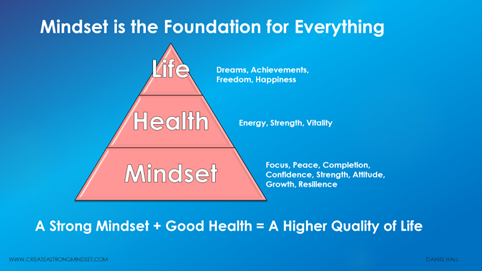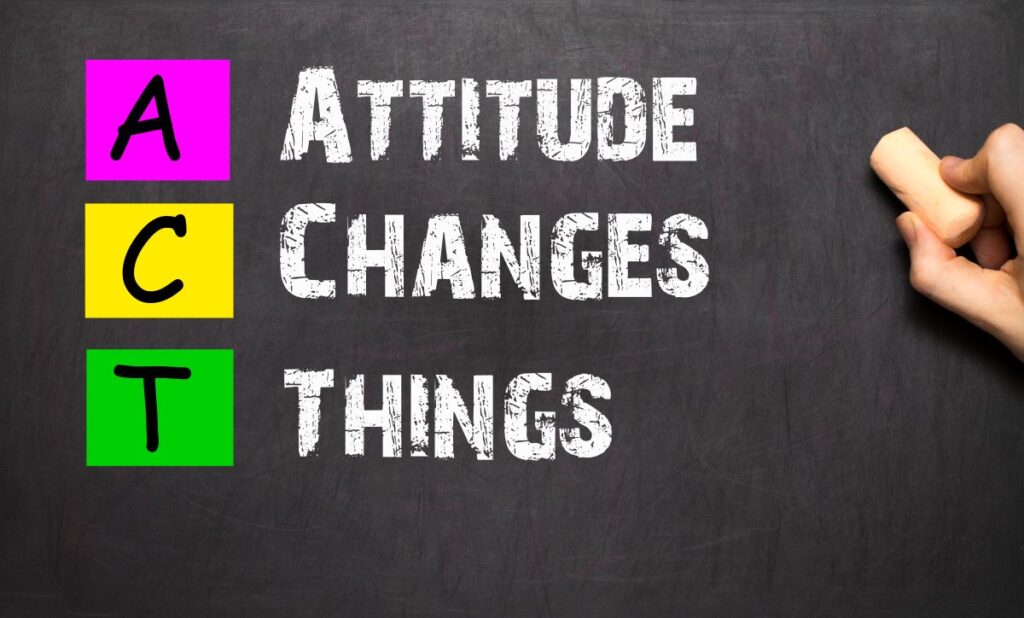Here are three strategies that Dr. Huberman provides for breaking bad habits and one more from Influence by Robert Cialdini.
In my last article, I wrote about how you can apply Dr. Huberman’s advice to creating strong habits more quickly from his podcast, Episode 53: The Science of Making & Breaking Habits.
Here is his advice for overcoming bad habits.
Strategy 1 – Use Extinction Training to Disrupt Anticipation of Reward
Dr. Huberman discussed how important the anticipation of reward is for creating and reinforcing habits.
When your brain anticipates that a reward will come, it will start to emit dopamine helping to create neural pathways related to that award. This system is what helps lead to habit creation, both good and bad.
He says an important key to breaking a habit is to disrupt the anticipation.
He says that one way to disrupt anticipation is called “extinction” training. This can be done by exposing yourself to the cue that triggers the habit but deliberately withholding the reward. When done long enough, the cue becomes weaker due to the lack of a reward.
If you always eat snacks at work, you can expose yourself to them by simply looking at them, but then deliberately choose not to eat them. If you do this long enough, you can weaken the link associated with seeing the snacks and eating them.
I am currently challenging myself to eliminate all electronics one hour before bed. As I use my phone as an alarm, the cue (my phone) is always visible in my room.
In the past, I would pick it up without thinking and start looking at it until I finally got tired enough to go to sleep.
The first night of my challenge was very difficult. I was so used to getting in bed and using the phone. I deliberately had to remind myself of my commitment and it took conscious effort to prevent myself from using it. I was using extinction training without really thinking about it.
After just a few days, I still had to remind myself not to use any electronics, but I noticed it was much easier to ignore. Seeing my cue no longer automatically triggered my response to fall into my old habit.
Strategy 2 – Replace a habit with a similar one related to your goals.
He says that another way to overcome a bad habit is to replace the habit with a new one that serves a similar function but is healthier or more in alignment with your goals.
I had always gotten into bed looking and using my phone and I was at a loss of what to do. I had always used my phone to help me wind down until I was sleepy enough to fall asleep.
I needed something else that would help distract me from wanting to pick up my phone.
I dusted off an old book and started reading. This has already started to become a new habit, and I have found that it is much easier to fall asleep after having read for a short while.
This is because when I had used my phone in bed, I would often look at videos on Instagram and X, and random videos of people doing crazy things for attention and likes, or people getting angry for small things would pop up in my feed. These videos would trigger negative feelings like irritation and anger, and I would find it much harder to fall asleep.
Replacing my phone with a book reduced these negative feelings and I was able to fall asleep more quickly.
When you think about the habit you want to break, if you can think of something to replace the bad habit with, it will help breaking the bad habit go more smoothly.
Here are some ideas.
You could replace a bad snack with a healthy snack. Instead of sitting down to watch TV, you could go for a 30-minute walk. Instead of using your phone at night before bed, you could read a book or write in a journal. Instead of playing a game, you could use the time to learn something new.
If you have a good replacement habit, please share it below in the comments as it might help others.
Strategy 3 – Identify the Underlying Triggers and Motivations Driving the Habit
Finally, Dr. Huberman says that it is important to identify the underlying triggers and motivations driving the habit. He says that habits are often a way of coping with stress, boredom, or other uncomfortable emotions.
I started to look at why I was spending so much time on my phone in the evenings.
Sometimes I was bored and tired from the day and wanted to kill time. But looking deeper, I saw that a big part of it was from anxiety.
If I hadn’t worked on my things as much as I expected, or if I had procrastinated, I would feel irritated and anxious about myself and my situation.
I was using the phone to help distract myself from those feelings. I would end up spending hours on my phone until I felt so tired that I would sleep. This would lead to me feeling tired in the morning and throughout the day, increasing the odds that I would not get much done.
Having implemented my plan of avoiding electronics one hour before bed, I go to bed much earlier, and I am much more productive the next day. It has helped to break the destructive loop in which I had been caught.
Strategy 4 – Make a Public Commitment (from Robert Cialdini’s book, Influence)
The book I happened to dust off and read at night was Influence, by Robert Cialdini (This is not an affiliate link). The story comes from Chapter 3, Commitment and Consistency, which I happened to come across as I was writing this article.
He tells the story of a lady who had wanted to quit smoking but had failed many times trying to do so.
The lady wrote on a blank business card, “I promise you that I will never smoke another cigarette.” She sent or gave this card to a list of people to whom she didn’t want to lose respect from like her dad, brother, and best friend. She was reluctant to give it to someone she was dating, but she did.
She said that quitting cold turkey was very hard, and she wanted to smoke many times, but thinking about how all those people would think of her, she did not want to disappoint them.
This public commitment helped her to never smoke again.
In his book, Cialdini shows how public commitments are much stronger than silent commitments. Even stronger was that the public commitment was shared with people that she didn’t want to disappoint, making her more committed to keeping her word.
It also influenced her identity. By making a public commitment, it helped to solidify her identity of being a nonsmoker. Cialdini gives examples of how small, written statements can greatly influence one’s behaviors and choices leading to changes in how one thinks about oneself. He says that people like to be consistent with their identity or sense of self-image, so a person’s actions are influenced by what they said or wrote, especially if there is public proof of it.
I created a public commitment when I told everyone that I was not using electronics one hour before sleep, even though I did not intend to it to be a public commitment.
Upon reflection, I can see that this has really helped me to stick to my goal, as I do not want to disappoint myself or my readers.
Use this to your advantage and let others publicly know, in writing, so that there is proof of what you will no longer do.
Publicly let people you care about know that you are no longer do X. Write it down, share it, and create a new identity about who you are.
This will give you strength when you are tempted to give in or give up.
Summary
Dr. Huberman adds that it does take persistence and time, but it can be done.
- Break the anticipation loop – use extinction training. See your cue and purposely avoid doing the bad habit. With time, this will weaken the cue.
- Find the underlying causes so you can understand your behaviors. If you are doing things because you are bored or have anxiety, it then becomes easier to see how to replace your coping habits with better ones.
- Replace bad habits with healthier ones or ones that are more in alignment with your goals. Instead of quitting cold turkey, having something else on which to focus your mind will help make breaking a bad habit go more smoothly.
- Make a written, public commitment, especially to people whom you want respect from. Public, written commitments have been shown to be stronger, and they help to change how you look identify.
Subscribe to my newsletter for weekly content related to improving your mindset and overcoming procrastination sent directly to you. Let me know if you have any questions in the comments below.



